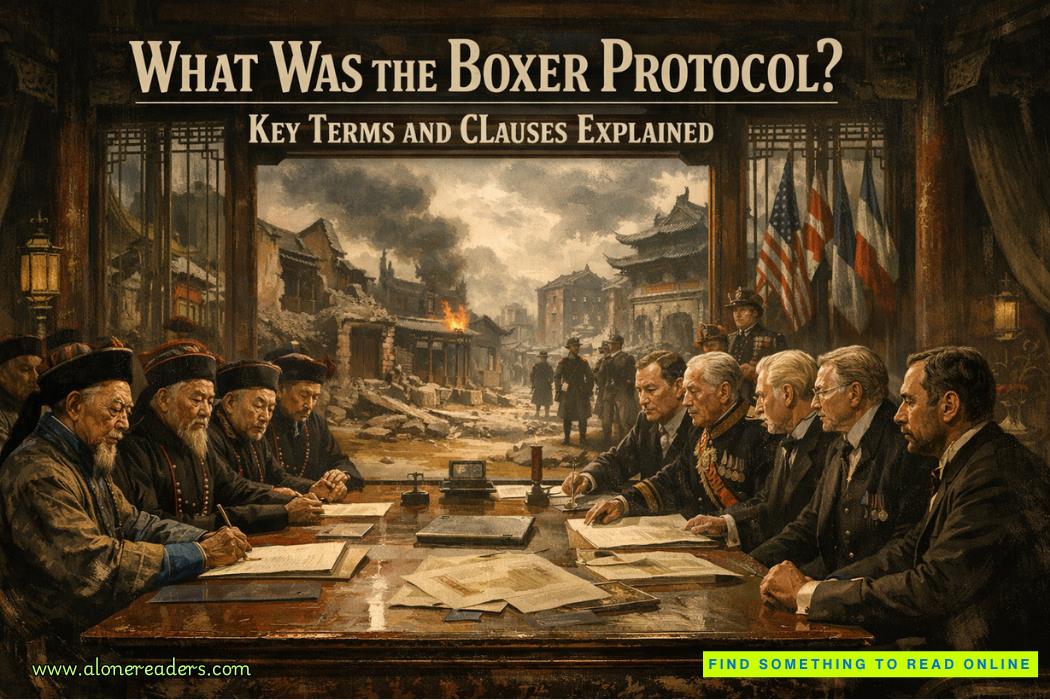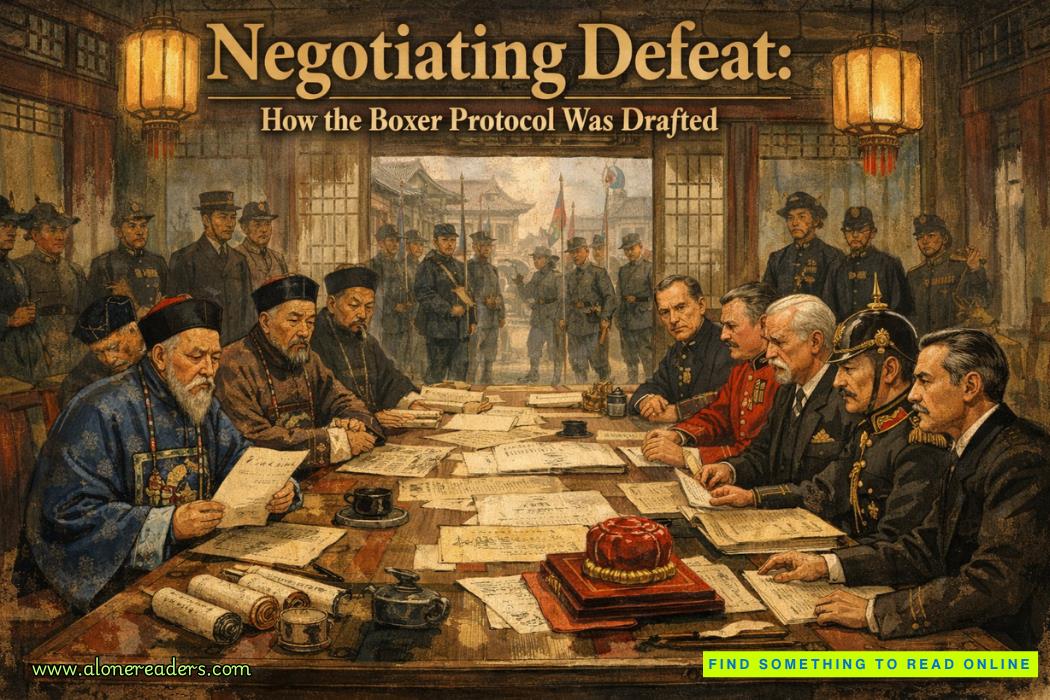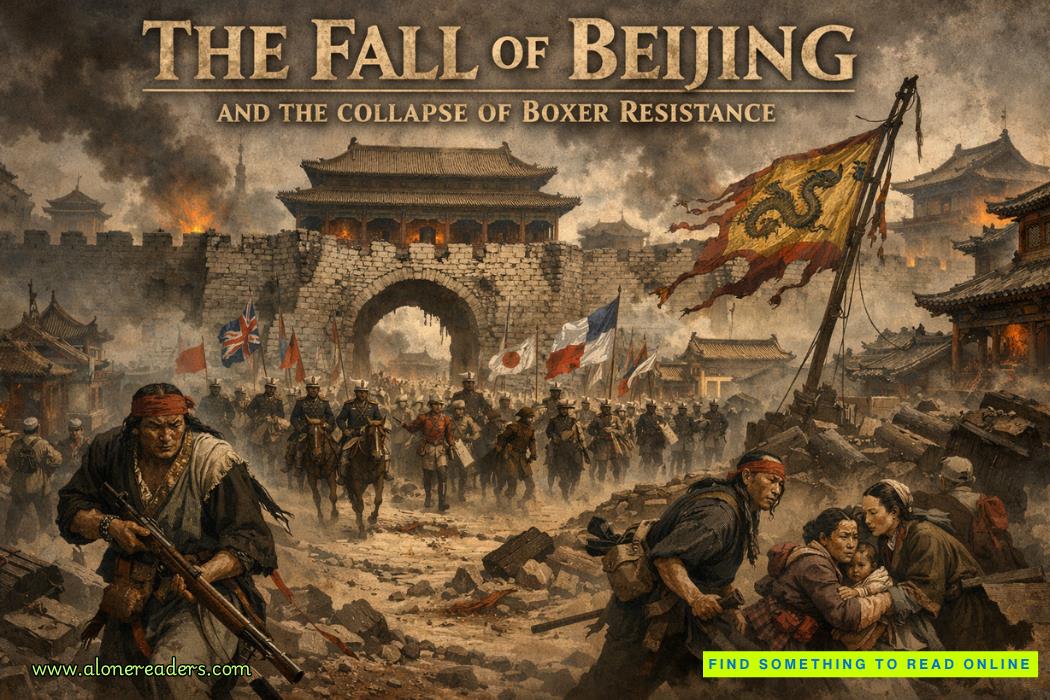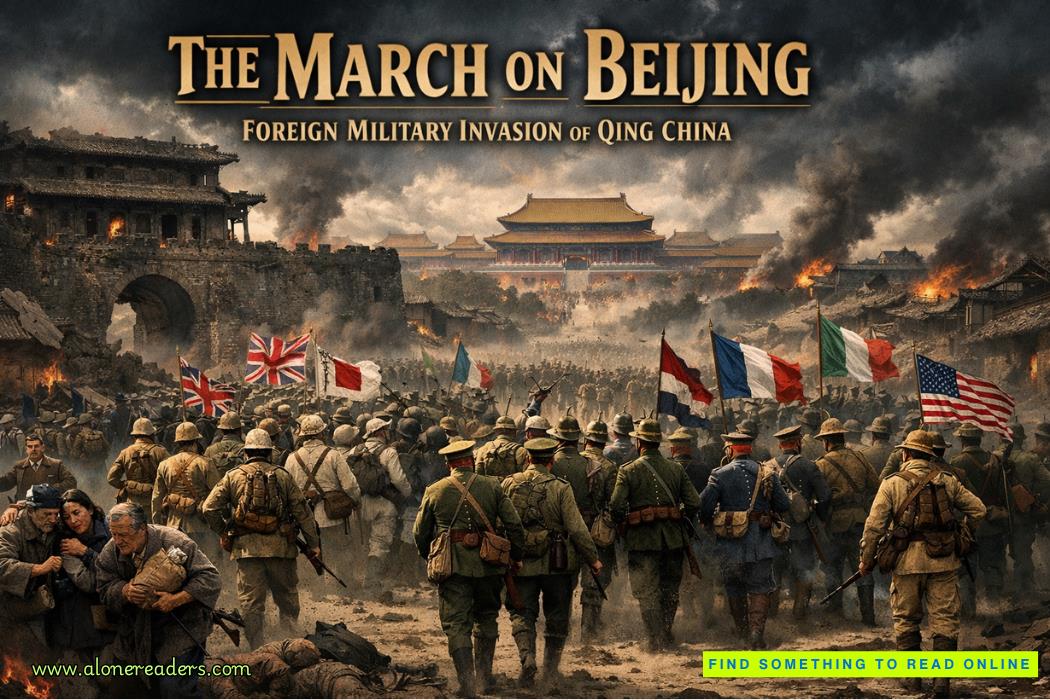His wise words and fine idea did not, however, prompt him to open the door or leave her. But to get what she wanted from him, she would have to nettle him. “Aren’t you doing enough of that for both of us?”
“Am I?” He seemed outraged…at himself.
She wanted to chuckle.Poor dear.She’d been right to come. He did want her as he always had. Thank heavens, she’d not guessed incorrectly.
He cast her a sidelong warning. “I must. I am employed here. And you—”
“Are a guest. So you’ll see to my needs and serve me as you will all of them. As you have served everyone always.”
He sighed. “Don’t be difficult.”
She strode around the sitting room as she unbuttoned the frog at the closure of her cloak. “Ah, but I am difficult always.”
“It’s an affectation.”
“How would you know?” She flung off the coat, letting it slip to a chair. Then she worked at a long pin and divested herself of the monstrous hat. She let it sail across the room on wings of a fluffy white ostrich.
“How? I know,” he said with a snap of his iridescent silver eyes, “because you are usually so for everyone but me.”
“Hmm, yes.” She approached him again, his tall form the masculine ideal she’d craved since she was sixteen and he had taken her in his comforting arms and waltzed with her in her sitting room at home in Brook Street. “Why can I not be difficult with you for long?”
“Because I’ve known you since you were in swaddling.”
“No mystery to you.” But she’d prove she was. With her new-found knowledge, yes, she would. So she flowed nearer to him and trailed the tip of her nose up his splendid throat to stretch up and nip his ear. “Ever.”
He caught her by the shoulders to stop her and peered down at her. “None.”
But the look on his face was one of yearning for what might have been. It inspired a rainbow of hopes. “Does the Countess of Marsden know about us?”
“I doubt it,” he said.
Did she detect a note of sorrow there? “But she is a society dame. She has friends everywhere. She reads the gossip sheets. Writes reams of correspondence. She had, until recently with the death of her brother-in-law, parties of one sort or another nearly every day. Callers by the dozens. Why would she not know about us?”
“Eliza, I’ve told no one about our friendship.”
“Friendship?” She scoffed. He was being difficult now. “That I would not call it.”
He was nonplussed. “So unless you have spread word of your past, there is nothing to learn.”
“Your father knew. Your mother, too.”
“Neither of them would ever have uttered a word.”
His parents were appalled at the fact that their youngest son was enamored of the daughter of the earl. “What of your brother?”
“He cannot speak, poor bugger. He died after Waterloo.”
“No! I’m sorry! Oh, Octavian!” She clutched his lapels. She’d read the lists of dead and wounded in the newspapers but she was most certain she’d never seen his brother’s name. “I did not know. How?”
“Fever. He caught it from tending wounded in the farmhouses.”
“Oh, I am so sorry. I liked him. He was…is a great loss. You loved him dearly.” She too had cared for Octavian’s gentle older brother Jonathan Simms, though not in the same way as she desired this fine man. “My condolences to you.”
“Thank you. Jon was a good man, administering to the men who were serving their country.” His older brother had taken the cloth in imitation of their father. But instead of seeking a parish, Jon had volunteered to follow the army and offer soldiers some Christian solace in the midst of bombs and bayonets and blood.
She grew solemn. “Were you in London? How did you learn?”
“One of Wellington’s aides conveyed word to Whitehall. They knew where I was.”















